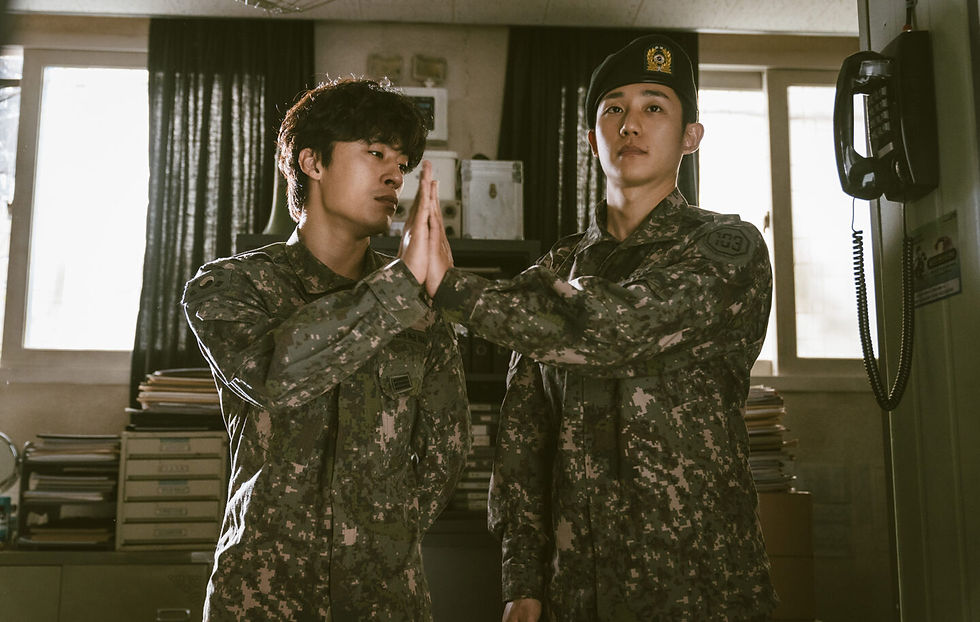Exploring the Enigmatic: Unique Daily Korean Rituals and Traditions That Define Culture [Part 2]
- Gabriella Ratnarajah

- Nov 20, 2023
- 3 min read
In Part 1 of this series, we explored three Korean traditions that are uniquely Korean! You may have seen some of these in K-Dramas, films, or other K-content. In this article, we explore two more Korean traditions and what makes them special! If you haven't yet read Part 1, you can do so HERE!

Let's start!
1. Drinking Magkeolli after Climbing a Mountain
This one may not be as common as some of the traditions covered in Part 1, but did you know that some Koreans drink Magkeolli (Rice Wine) after climbing a mountain? I learned this while hiking a mountain near Seoul named Bukhansan. At first, I thought why? It seems like a random tradition, but as I was climbing the mountain I understood. Just kidding. The physical intensity of climbing the mountain was not the reason why Koreans drank after climbing.
Some of the reasons that came up were:
To celebrate the success of climbing the mountain
To have a refreshing drink
To socialize with food and drink
It's just something they do
2. Calling Men "ahjusshi" (군인 아저씨) during Military Service
We've discussed the matter of mandatory military service in Korea before concerning the K-Drama D.P. In that article, you can read more about the real experiences of men in the Korean military. If you'd like to read it click HERE.

Something you may not know is that during mandatory service Korean men can be referred to as "soldier ahjusshi" (군인 아저씨), which is typically used to address adult men and is used by those younger than that person. If you're a K-Drama fan you would know that this term is typically used for middle-aged men, so you're probably wondering why a 20-something-year-old would be called "ahjusshi" during their military service. Here are some of the reasons we could find:
It's a sign of respect and age - reaching a certain level of maturity
It's symbolic of them taking part and completing their military service (especially while wearing uniform) and now bestowing upon them a patriotic responsibility for their country
It depicts a transition to adulthood - since mandatory military service is not easy to endure, it would really make a man out of those who go (sorry I was thinking of Mulan)
It shows a connection to those who served alongside you - an equal level and sense of camaraderie
There are many reasons why the term "ahjusshi" is used for men who have completed their military service. However, on a completely different note, I know there can be a certain stigma and negative connotation that comes with the words "ahjusshi" and especially "ahjumma". This year in March, there was a stabbing on a train in South Korea because someone called a lady "ahjumma", well that's all we know of the case at the moment. You can read more about that HERE.
On a lighter note, you can see some Korean people's responses to younger men being called "ahjusshi" as part of a prank on YouTube below. You can see how the word may hold different meanings to people and how significant the topic of age is here.
If you have an interest in Korean culture, K-Drama, etc. you may have noticed the very specific things that Koreans do on a regular basis. These small tidbits of life have just become that, part of life, something that's just become normal. What might seem unusual to those outside Korea, are just everyday habits for the Koreans! What do you think about the traditions above? Comment below!












Comments